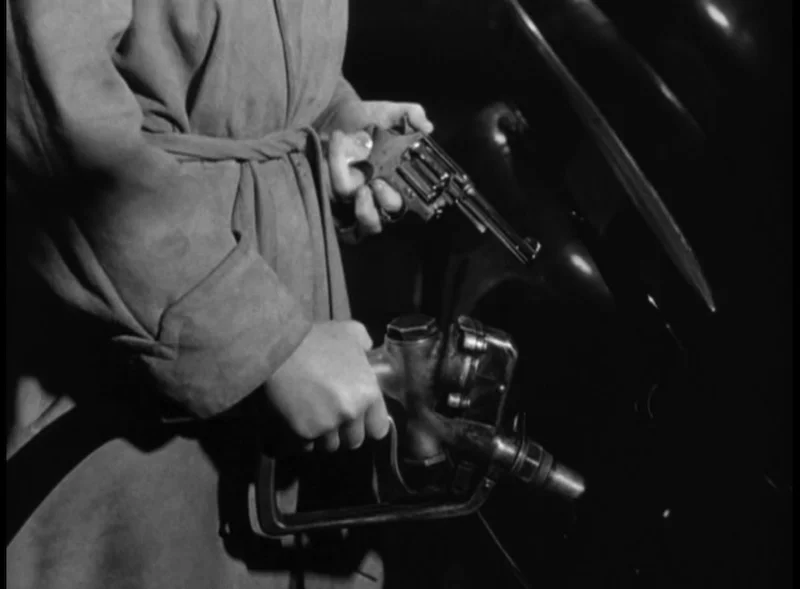A Lecture and Seminar by Evan Calder Williams
Lecture: Friday November 14, 6-8pm, LB 646
Seminar: Monday and Tuesday, November 17 & 18, 6-8pm, LB 681
The history of sabotage is the history of its hypothetical non-existence, of recurrent attempts to deny that it does or should happen. Barring scattered supporters, the use of elements of a machine, system, organism, code, network, or city against their designed functions has for centuries been as maligned as actually practiced. It is called “undisciplined,” “unmediated,” “individualist,” “pointless,” “invisible,” and “sneaky,” a diversion from the correct uses of discontent. It is neither “sustainable” nor up for vote. In other words, sabotage has been accused of being what it actually is: a form of social struggle opposed not just to a global order of reproduction, circulation, and management but also to the most basic structures of representational politics that order strongly encourages us to adopt.
This lecture and seminar sketches out the research behind a new history and theory of sabotage, one attentive to just how alien it truly is to the most widely held ideas of political engagement. My research traces the practice from its roots in unorthodox methods of late nineteenth-century labor movements to its international diffusion, demonization, entrance into legal code, and military usage, as well as its eventual position as a floating concept and a diffuse characteristic of social space and networked systems. To this day, sabotage remains an unwelcome tool and an unknowable enemy, because it implies and extends a different and ultimately inhuman kind of familiarity. It is one that learns how to listen to cues given by the circuits, patterns, and mechanisms themselves, how to access the embedded knowledge and hostility of all those materials waiting to help ruin the perpetuity of work, gender, empire, and time.
—————
Evan Calder Williams is a theorist, writer, and artist. He received his PhD in Literature from University of California Santa Cruz and was a Fulbright Fellow in Italy for his doctoral research on cinema, space, and revolt. He has written for Film Quarterly, World Picture,The Italianist, Mute, The Journal of American Studies, Third Rail, Historical Materialism, The New Inquiry, and the Criterion Collection. He has presented films, performance, and audio at the Serpentine Gallery, the Whitney Museum, Tramway, Artists Space, Images Festival, the Montreal International Festival du Nouveau Cinéma, and ISSUE Project Room, where he will be a 2015 Artist-in-Residence. He is the author of Combined and Uneven Apocalypse, Roman Letters, and, forthcoming next year, Against the Flood: The Italian Critique of Gender and Capital and Donkey Time. He currently teaches film and media history at Parsons The New School for Design.

